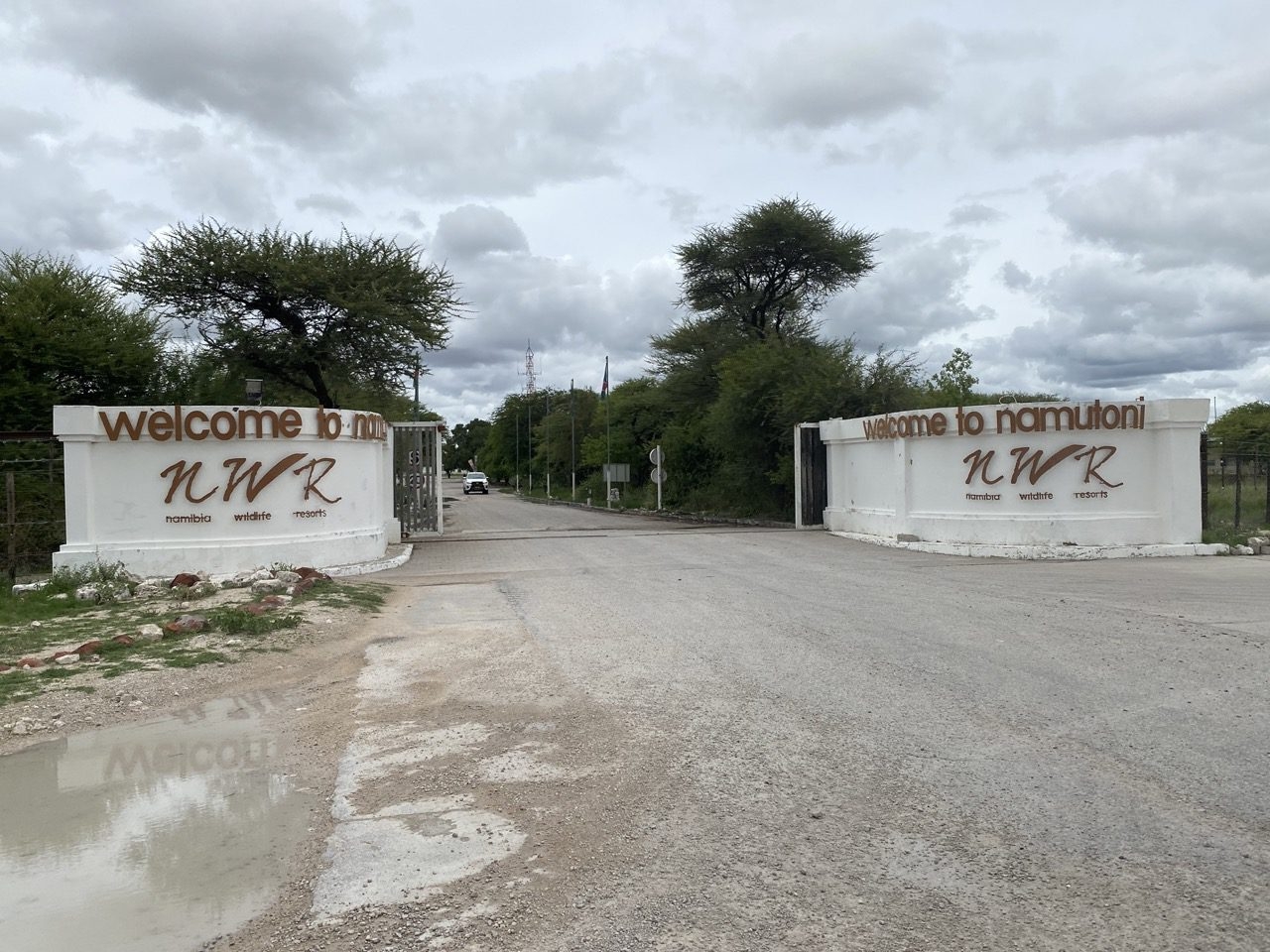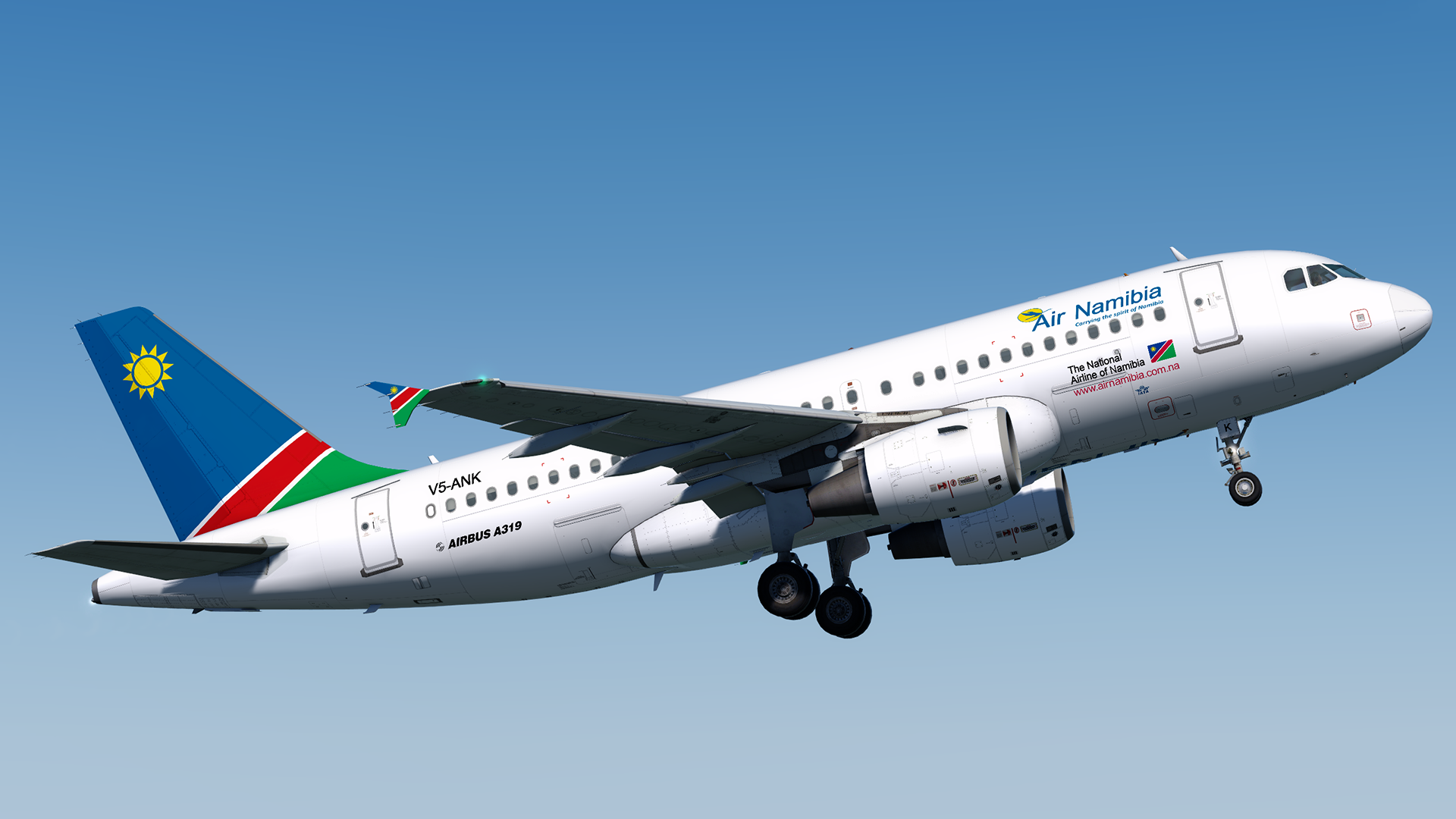COUNTRIES of southern Africa should seek development alternatives that are more people-driven and sustainable instead of the neo-liberalism of capitalism, a researcher has recommended.
Speaking at the launch of a guide in Windhoek on Tuesday, Zimbabwean activist and researcher Godfrey Kanyenze said a movement called ‘Alternatives to Neo-liberalism in Southern Africa (Ansa)’ based in Harare provided the building blocks for a common perspective on alternative policies and strategies in southern Africa. These could bring about people-driven, sustainable human development.”Ansa is not an organisation; it merely provides stimulus, a direction for the countless localised centres of resistance and initiatives for alternatives to join forces and pressurise for change,” Kanyenze said.Such a development approach is informed by a holistic approach while seeking to strengthen southern African states in the international global systems; alternative national policies that are pro-poor are formulated to immediately work towards poverty reduction.”A holistic approach that looks at developing alternatives to neo-liberalism namely the global (the imperial factor), the state (governance factor) and the people (social factor) would be most ideal,” Kanyenze added.The Ansa strategy is based on analysis and research from a holistic regional and anti-globalisation perspective and on training, advocacy and networking, according to the activist.Africa had little chance of developing as long as the continent was integrated within the present capitalist system, he said.According to the Ansa guide ‘Towards A People-Driven Development Agenda’, Africa needs to de-link from the global system not only because there is little prospect within it for genuine development but also because staying within the system exposes Africa to the recurrent crises of the capitalist system.”The system has become highly volatile.It is now dominated by speculative capital that is not productive,” the guide states.”It is hazardous and exposes nations to the whims of the speculative market.”Alternatives to capitalist developments were production systems based on domestic demand and the use of local savings for project investment instead of funds from the World Bank.Regional integration should be based on grassroots and wealth should be redistributed from the formal to the informal sectors of the economy.These could bring about people-driven, sustainable human development.”Ansa is not an organisation; it merely provides stimulus, a direction for the countless localised centres of resistance and initiatives for alternatives to join forces and pressurise for change,” Kanyenze said.Such a development approach is informed by a holistic approach while seeking to strengthen southern African states in the international global systems; alternative national policies that are pro-poor are formulated to immediately work towards poverty reduction.”A holistic approach that looks at developing alternatives to neo-liberalism namely the global (the imperial factor), the state (governance factor) and the people (social factor) would be most ideal,” Kanyenze added.The Ansa strategy is based on analysis and research from a holistic regional and anti-globalisation perspective and on training, advocacy and networking, according to the activist.Africa had little chance of developing as long as the continent was integrated within the present capitalist system, he said.According to the Ansa guide ‘Towards A People-Driven Development Agenda’, Africa needs to de-link from the global system not only because there is little prospect within it for genuine development but also because staying within the system exposes Africa to the recurrent crises of the capitalist system.”The system has become highly volatile.It is now dominated by speculative capital that is not productive,” the guide states.”It is hazardous and exposes nations to the whims of the speculative market.”Alternatives to capitalist developments were production systems based on domestic demand and the use of local savings for project investment instead of funds from the World Bank.Regional integration should be based on grassroots and wealth should be redistributed from the formal to the informal sectors of the economy.
Stay informed with The Namibian – your source for credible journalism. Get in-depth reporting and opinions for
only N$85 a month. Invest in journalism, invest in democracy –
Subscribe Now!










